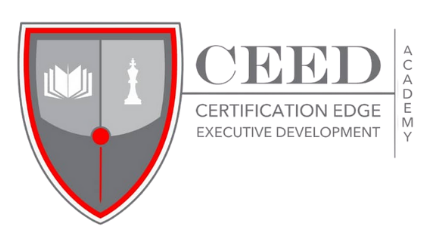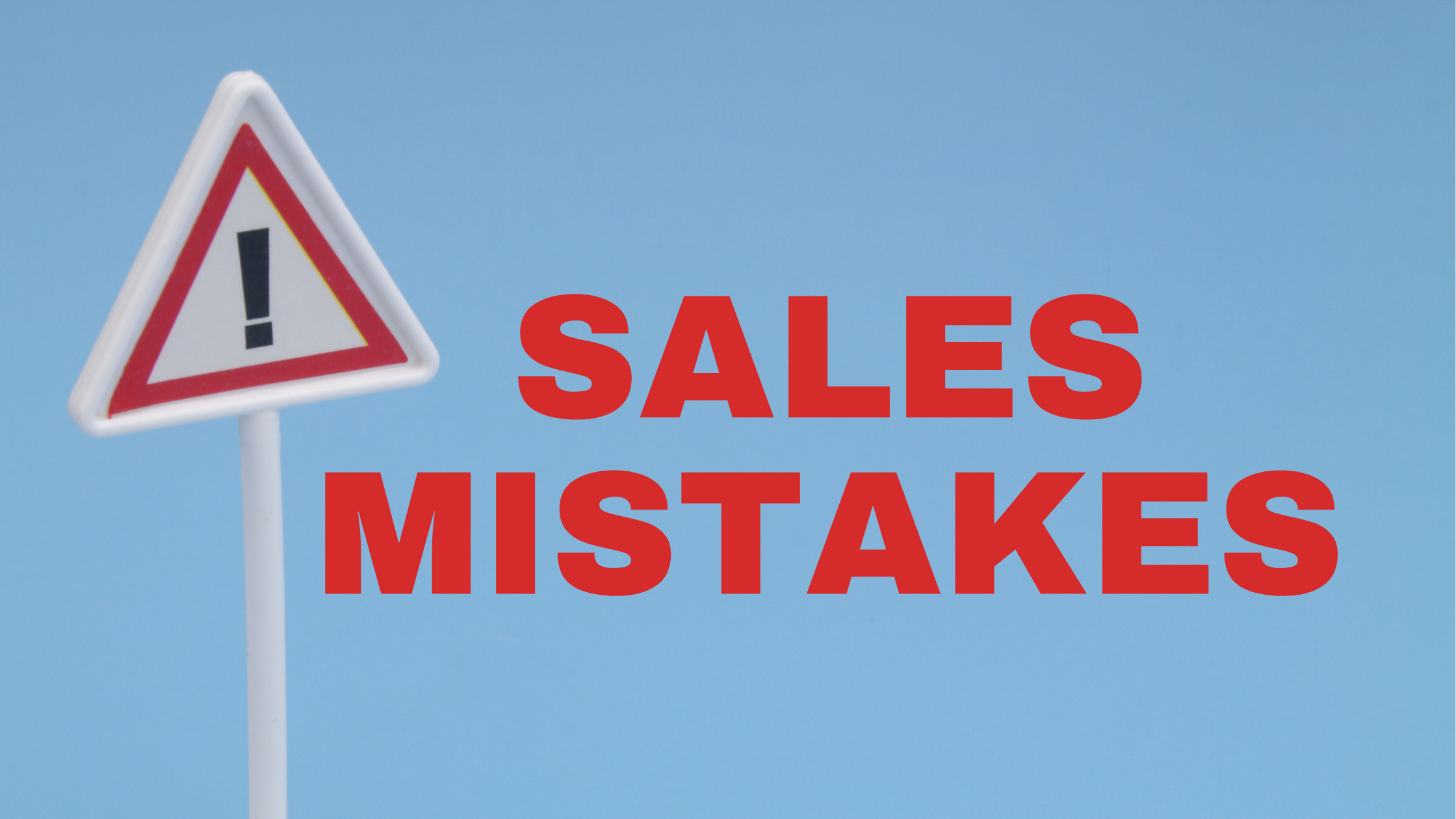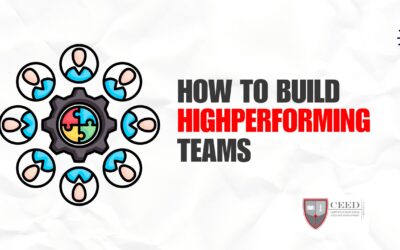To be a great salesperson, you need more than just product knowledge. You need talent, interpersonal skills, persistence, and strategy.
Without these qualities, your sales journey will most likely be filled with failures and frustration. I bet this is not the kind of sales career you intend for yourself.
However, many salespeople struggle because they repeatedly make the same mistakes. Out of desperation and a lack of knowledge, they fall into traps that cause them to consistently lose deals.
To help you navigate your journey towards sales excellence, here’s a list of 10 common mistakes most salespeople make and a simple advice on how to avoid them.
Lack of Preparation
Malcolm X. once said, ‘the future belongs to those who prepare for it today.’ So, I dare to say, the sales belong to those who prepare for it.
In case you are asking, ‘how do I prepare for a sale?’
Well, there are different ways to prepare for a sale. You can start by ensuring you have adequate knowledge about the products or services you are selling, do a bit of research about your prospects to know what their current pain points and needs are, or even do some practice in front of a mirror on how to start the conversation.
But guess what, that’s not where it ends and this is where most salespeople don’t get it right.
How prepared are you for the unexpected? You see, things will not always go as planned and if you are not prepared for the unexpected, then your preparation is inadequate.
Learn proven strategies on all it takes to close big deals at the Ultimate Sales Bootcamp
Don’t assume things will always go as planned. For example, your prospect might have sounded cheerful the first time you came in contact with them. But what happens when he/she is having a bad day on the day you have scheduled for a pitch.
A lack of preparation in this context means being unready for unexpected challenges and failing to address potential obstacles. When you neglect thorough preparation, you leave yourself vulnerable to missed opportunities. To overcome this issue, it’s essential to adopt a proactive approach and always ensure that your preparation puts into consideration potential roadblocks.
When you prepare this way, you appear more confident because you know you are ready to take on any challenge and what you are saying becomes more believable.
Does your sales preparation include a contingency plan? If not, it’s time to make changes to ensure your success.
Talking More Than Listening
Talking is an integral part of selling but how do you know where to draw the line? How do you know when your talking is getting your prospect overwhelmed?
You see, talking too much during a sale is usually born out of the passion you have for your product or service which is not bad. But there must be a balance. A study revealed that top-performing B2B salespeople talk for an average of 43% of the call, while allowing prospects to speak for an average of 57%.
Instead of going on and on about the endless benefits your product/service offers, take a pause, listen to your prospect and ask open ended questions. It allows you to understand the customer’s needs, concerns, and objections. Not just that, it can spark up an interesting conversation that gives you a deeper insight that will help you tailor your pitch to address the specific pain points of your prospect.
Don’t fall into the trap of talking endlessly, great sales people are great active listeners as well.
Focusing on Features Instead of Benefits
Your customers don’t care about how you do it, all that matters to them is how your product/service can solve their problem.
So, spending time to carefully outline what makes up your product/service to your prospect might just be the worst idea you’ve ever had.
Picture this, you are a salesperson for a project management software company and you are to pitch your product to a busy marketing manager. Which of these pitches do you think the Marketing Manager will find more appealing?
Pitch 1: ‘Our software is packed with features! You can create unlimited tasks, assign them to team members, track progress with detailed reports, and even integrate with other popular marketing tools.’
Pitch 2: ‘I understand you’re a busy marketing manager. Our software can help you streamline your workflow by allowing you to create and assign tasks easily to your team. You’ll get clear progress reports and deadlines, which saves you time and keeps your team on track. This software handles all the tedious tasks and frees you up to focus more on strategic marketing initiatives.’
I bet your choice is ‘pitch 2’! Now, here’s the hack, you should always tie features to clear, tangible benefits that the prospect will care about.
Features TELL, Benefits SELL!
Neglecting Follow – Up
A study showed that 80% of sales require 5 follow-up calls after the meeting but 44% of sales reps give up after 1 follow-up.
Not following up after the first contact with your prospect is more like planting a seed and never watering it—you can’t expect it to grow without nurturing. However, most salespeople are afraid of the follow up process for reasons like ‘I don’t want to seem pushy, or I don’t want to scare off the prospect, or I don’t want to come across as annoying’.
As valid as these reasons may seem, not following up can result in you losing up to 80% of your potential sale.
Follow-up shows persistence and interest, and it keeps you top of mind. The moment you stop seeing follow-up as disturbing your client but as building a meaningful relationship that will benefit both you and your client, then the story changes!
Following up doesn’t have to be pushy or forceful. It could be a thank-you note, sending wishes during special celebrations, a phone call reminding them of their commitment to a goal, or an email offering value. Ensure to follow up and continue building the relationship. It is the relationship built that eventually converts to sales.
Overpromising
One common mistake many salespeople make is overpromising. This often happens when salespeople promise customers features or benefits that the product or service does not actually offer, just to secure a sale. However, they often overlook the significant risks associated with this approach, especially regarding what happens after the sale.
While overpromising might help you land a client initially, the disadvantages far outweigh the short-term gains. If a customer realizes that your product or service does not deliver as promised, you risk losing their trust forever. This customer will likely never refer others to you, and your brand’s reputation could be seriously damaged.
Instead of making unrealistic promises, focus on highlighting the genuine value of your product or service. Show how it effectively solves the customer’s current problems. Engage with your customers by asking questions that guide them to see your product as the best solution. Offering a free trial or sample can also help convince them of your product’s worth.
No matter how eager you are to close a sale, never resort to lying. It’s much better to under-promise and overdeliver, providing your customers with a pleasant surprise and something to look forward to. This approach builds trust and leads to long-term customer satisfaction and loyalty.
Don’t just sell, Mark your Sales Territory and outsell your competition! Discover how HERE




